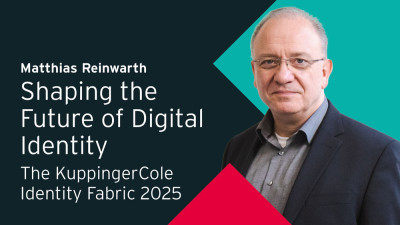1 Introduction
It is no longer a secret: Omni-channel commerce is built on both experience and trust. Companies in all industrial sectors face the challenge that their customers expect to access a particular service or product from anywhere, from any channel and from any device, including IoT. Typical use cases include:
- E-Commerce
- Online banking
- Insurance
- The travel industry
- Customer support (automated and human-based)
Of course, in this context, information security and privacy are mandatory, and not just because it is required by legislation (e.g., PSD2 or GDPR), but also as trust is a key topic when it comes to building and maintaining customer relationships.
On the other hand, complex passwords or even two-factor authentication (e.g., based on a password and a hardware token) might hinder customers accessing a particular service—and can therefore have a negative impact on the customer experience and/or commercial success.
When it comes to identity verification during call center conversations, the situation can be even more challenging. Often, call center agents have to ask for personally identifiable information (PII), such as birth date or place, to identify the person who is calling. This procedure can lead to several negative side effects, such as:
- Customers must provide PII that they may be wary about providing (even though it is only requested for identification purposes)
- This procedure can be time intensive during the call
- Ultimately, such procedures are not 100% safe
But it is not just about authentication, it is about end-to-end trust. Various mechanisms can be used to achieve a high security level without a negative impact on the user experience across various channels and devices, such as endpoint threat detection, trusted devices and apps, data encryption, or cryptographic digital signing. These should be considered to ensure a company can guarantee a safe environment for people on a customer journey.
Last but not least, security features such as smart authentication can be integrated into the customer journey. For example, the promise to authenticate safely without using a password might convince customers to download a mobile app that enables advanced authentication methods on the one hand, with improved customer interaction, added value, and deeper marketing analytics for the company on the other hand. This can lead to a win-win situation for both companies and customers.
UNIKEN is headquartered in New Jersey, U.S., and was founded in 2013. The company developed a security platform that empowers transformative engagement with customers: REL-ID Security Platform. This platform combines both strong authentication and an up-to-date user experience. Currently with 37 implementations of REL-ID, 3.2 billion interactions have been secured so far.














































